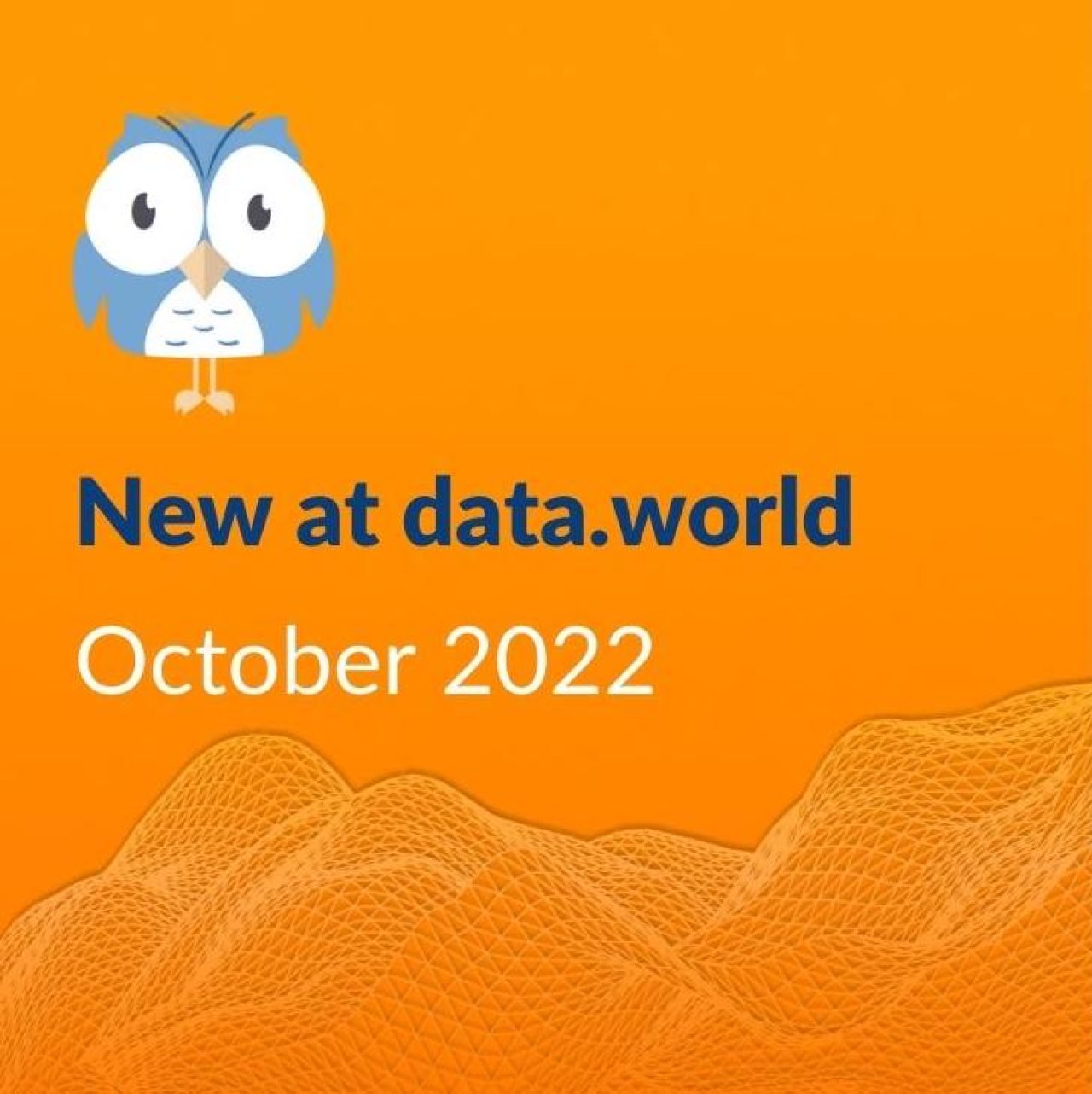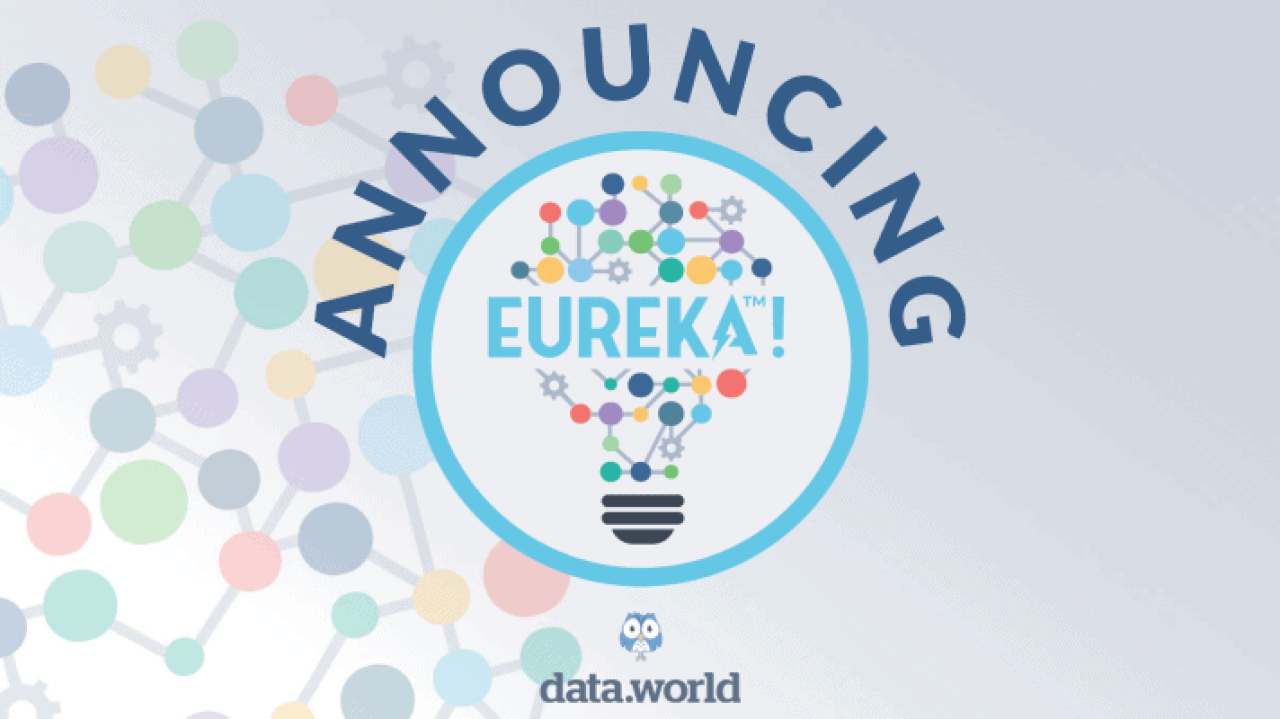Products
Products
One-Pager

Unlock an Al-driven future with data.world's Data Catalog Platform. Enhance data discovery, data governance, and DataOps with a flexible, intuitive platform built for enterprise-wide adoption.
Download the one-pager
One-Pager

Unlock an Al-driven future with data.world's Data Catalog Platform. Enhance data discovery, data governance, and DataOps with a flexible, intuitive platform built for enterprise-wide adoption.
Download the one-pager
Industries we transform
Industries we transform
Industries we transform
Roles we empower
Roles we empower
Roles we empower
Documentation
Documentation
Documentation
Common Integrations
Common Integrations
Common Integrations
Knowledge hub
Knowledge hub
Knowledge hub
UPCOMING WEBINAR

The data landscape is evolving rapidly, and no one captures this better than our team. Join data.world's dynamic duo Juan Sequeda and Tim Gasper as they synthesize the key themes from Gartner's recent D&A Summit US and provide a preview of what to expect at the upcoming UK event.
View all webinars
UPCOMING WEBINAR

The data landscape is evolving rapidly, and no one captures this better than our team. Join data.world's dynamic duo Juan Sequeda and Tim Gasper as they synthesize the key themes from Gartner's recent D&A Summit US and provide a preview of what to expect at the upcoming UK event.
View all webinars
About us
About us
About us
Connect
Connect
Connect

We are hiring!
Come join us in our mission to deliver data for all and data for good!
See all job openings

We are hiring!
Come join us in our mission to deliver data for all and data for good!
See all job openings
Products
Products
One-Pager

Unlock an Al-driven future with data.world's Data Catalog Platform. Enhance data discovery, data governance, and DataOps with a flexible, intuitive platform built for enterprise-wide adoption.
Download the one-pager
One-Pager

Unlock an Al-driven future with data.world's Data Catalog Platform. Enhance data discovery, data governance, and DataOps with a flexible, intuitive platform built for enterprise-wide adoption.
Download the one-pager
Industries we transform
Industries we transform
Industries we transform
Roles we empower
Roles we empower
Roles we empower
Documentation
Documentation
Documentation
Common Integrations
Common Integrations
Common Integrations
Knowledge hub
Knowledge hub
Knowledge hub
UPCOMING WEBINAR

The data landscape is evolving rapidly, and no one captures this better than our team. Join data.world's dynamic duo Juan Sequeda and Tim Gasper as they synthesize the key themes from Gartner's recent D&A Summit US and provide a preview of what to expect at the upcoming UK event.
View all webinars
UPCOMING WEBINAR

The data landscape is evolving rapidly, and no one captures this better than our team. Join data.world's dynamic duo Juan Sequeda and Tim Gasper as they synthesize the key themes from Gartner's recent D&A Summit US and provide a preview of what to expect at the upcoming UK event.
View all webinars
About us
About us
About us
Connect
Connect
Connect

We are hiring!
Come join us in our mission to deliver data for all and data for good!
See all job openings

We are hiring!
Come join us in our mission to deliver data for all and data for good!
See all job openings











